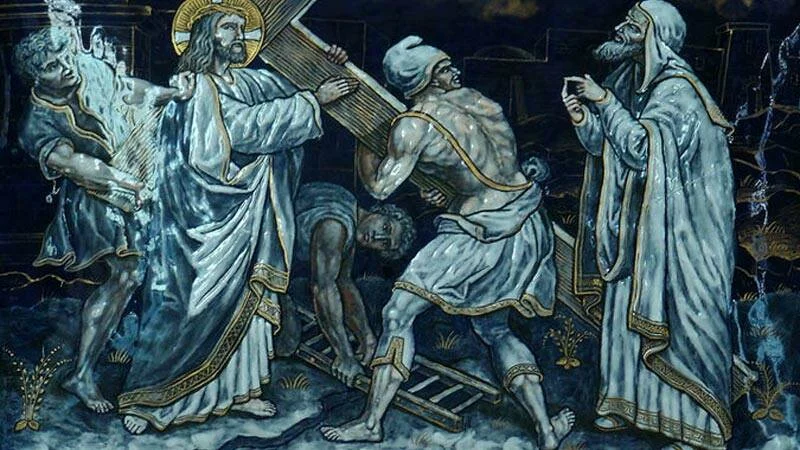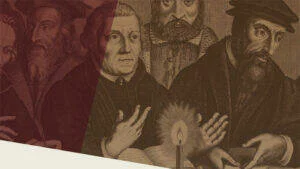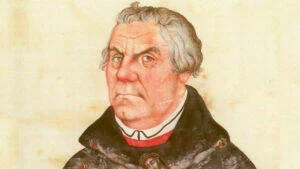For Martin Luther (1483-1546), as for most exegetes of the sixteenth century, the significance of the Psalms extends far beyond the historical events that occasioned their writing. While modern exegetes quibble over the extent of their prophetic meaning, in his preface to the Psalms, Luther shows no such hesitation. The Psalter, he states, is in essence a “little Bible,” which, in its entirety, points to Christ, his church, and his coming kingdom.
The Psalms Comprise The Entirety Of Scripture
The Psalter ought to be a precious and beloved book because it promises Christ’s death and resurrection so clearly—and depicts his kingdom and the condition and nature of all Christendom—that it might well be called a little Bible. Most beautifully and briefly it contains everything that is in the entire Bible;Everyone, in whatever situation he may be, finds in it psalms and words that fit his situation—they fit so precisely, it is as if they were placed there just for his sake, so that he himself could not put it any better, nor could he find or wish for anything better. it is made into a fine enchiridion or handbook. It seems to me that the Holy Spirit himself wanted to take the trouble to compile a short Bible and example-book of all Christendom or all the saints, so that anyone who could not read the whole Bible would have here almost an entire summary of it, comprised in one dear little book . . . Where do we find finer words of joy than in the psalms of praise and thanksgiving? There you look into the hearts of all the saints, as into fine and pleasant gardens, yes, as into heaven—what fine, cordial and merry flowers spring up there from all sorts of beautiful and joyous thoughts toward God because of his good deeds! On the other hand, where do you find deeper, more miserable, more pitiful words of sorrow than in the psalms of lamentation? There again you look into the hearts of all the saints, as into death, yes, as into hell. How dark and gloomy it is there, with all kinds of disturbing glimpses of the wrath of God! So, too, when they speak of fear and hope, they use such words that no painter could so depict fear or hope, and no Cicero or orator could so portray them . . . This is the reason why the Psalter is the book of all saints. Everyone, in whatever situation he may be, finds in it psalms and words that fit his situation—they fit so precisely, it is as if they were placed there just for his sake, so that he himself could not put it any better, nor could he find or wish for anything better . . . In sum, do you want to see the holy Christian church painted in living color and form, comprised in one little picture? Then pick up the Psalter! There you have a fine, bright, pure mirror that will show you what Christendom is. Yes, you will even find yourself in it and the true gnōthi seauton (“know yourself ”), as well as God himself and all creatures.








Comments
Be the first one to make a comment!